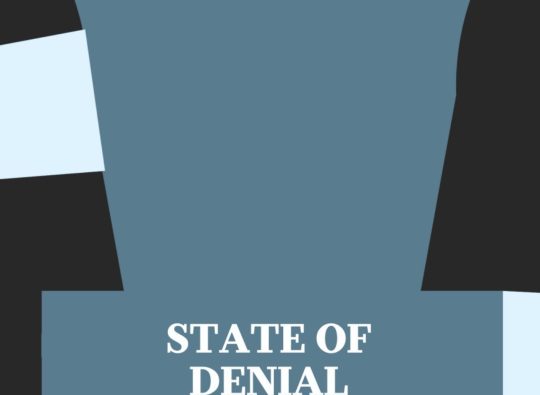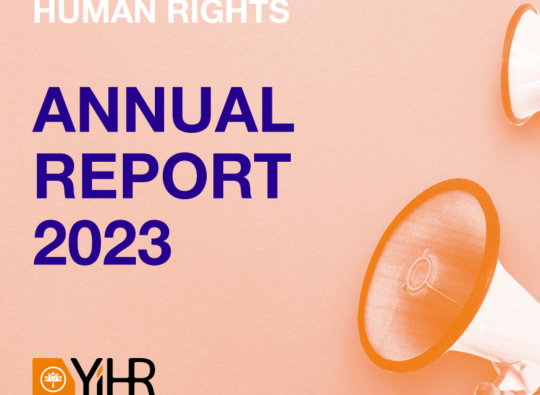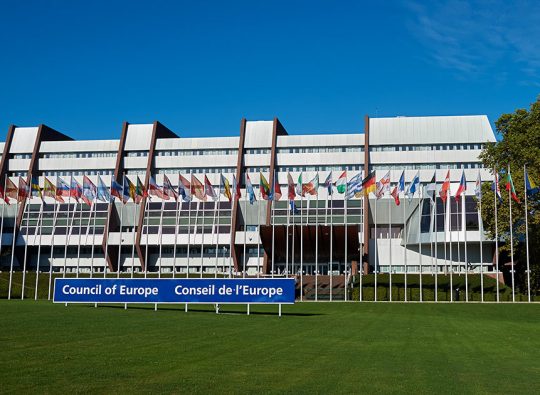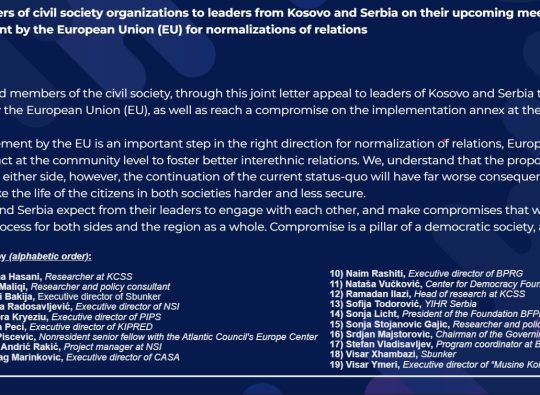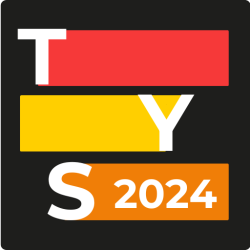Political Criteria, Governance, and Elections
The current political body is relatively diverse with the inclusion of the opposition parties that boycotted the 2020 elections. However, political polarization remains evident, with the mass shootings in early May 2023 deepening existing divisions within the political sphere. Moreover, the failure of parliamentary procedure to condemn the frequent use of inflammatory language by Members of Parliament (MPs) remains a source for concern. The Commission offers two recommendations:
- The full implementation of all outstanding recommendations by the Office of Democratic Institutions and Human Rights at the Organization for Security and Cooperation in Europe and Council of European bodies ahead of the December 2023 elections
- Parliamentary Rules of Procedure reform – effectively sanction the use of inflammatory language in parliament and other conduct policy violations by MPs.
Good Neighborly Relations
The EU-facilitated Dialogue on Normalization of Relations between Kosovo and Serbia continued throughout the reporting period. The talks were highlighted by two milestone agreements: Agreement on the Path to Normalization (27 February 2023) and Implementation Annex in Ohrid (18 March 2023). Despite these successes, the relationship with Kosovo has been affected by several crises throughout the report period. The violent confrontation between Kosovo police and Serbian militants on 24 September 2023 constituted the gravest escalation of tensions between the two parties in recent years. Other moments of escalation throughout the reporting period were triggered by issues over freedom of movement. Kosovo’s decision to enforce the re-registration of all vehicles with Kosovo license plates, precipitated a mass resignation of Kosovo Serbs from local institutions and a boycott of the April 2023 elections in north Kosovo. The Commission urges Kosovo and Serbia to continue de-escalation efforts and to work together to create a situation in which Kosovo Serbs participate actively in local government in north Kosovo. The Commission recommends that early local elections be held as soon as possible in all 4 municipalities in north Kosovo and are organized with the unconditional participation of Kosovo Serbs.
Civil Society
Continued effort is needed to ensure the systematic and genuine cooperation between Civil Society Organizations (CSOs) and the government. As CSOs face an increasing number of Strategic Lawsuits Against Public Participation (SLAPP), the Commission recommends that the Serbian government refocus its efforts on the implementation of the 2022-2030 Strategy and Action Plan for the development of civil society in Serbia.
Judicial Systems
Serbia took steps to ensure judicial independence with the implementation of 5 new laws that give practical effect to most of the 2022 constitutional amendments. Two laws have yet to be adopted: the Law on Judicial Academy and the Law on Seats and Territorial Jurisdictions of the Courts. The Commission recommends that the Serbian government adopt the two remaining laws as soon as possible.
Fundamental Rights
Serbia’s institutional framework for upholding fundamental rights is broadly in place. The Commission recommends the government allocate greater financial resources to human rights institutions and asks the government to increase measures to ensure compliance with the European Court of Human Rights rulings.
Freedom of Expression
Threats against journalists remains a source of concern. The Commission finds the increase in SLAPP particularly worrying, warning that the trend may result in a chilling effect among journalists. The Commission calls on the government to publicly condemn, investigate, and prosecute verbal and physical attacks on journalists and asks that polices related to media ownership and advertising must be made fully transparent to the public.
Economy
Serbia was heavily impacted by Russia’s war of aggression against Ukraine seeing consumer price inflation surge throughout 2022 and 2023. More broadly, weakness in the rule of law and structural challenges to state aid, competition, and public procurement have left the private sector underdeveloped. The Commission recommends a gradual deficit reduction in the 2024 budget and the full implementation of the 2021-2027 SOE Ownership and Management Strategy.
Ability to Assume the Obligations of EU Membership
Serbia has continued to work towards alignment with the EU acquis in the multiple areas. The Commission calls on the state to adopt an action plan that complies with articles 34-36 of the Treaty on the Functioning of the European Union in addition to developing further strategies to align with the EU acquis on free movement of goods. Additionally, Serbia is encouraged to increase cooperation with EU member states to coordinate social security systems and liberalize capital movements in line with the Stabilization and Association Agreement (SAA).
Additionally, while Serbia has aligned itself with EU positions in international forums following Russia’s war of aggression against Ukraine, the government has rejected restrictive measures against the Russian Federation. The Commission calls on Serbia to increase alignment with EU Common Foreign and Security Policy.

